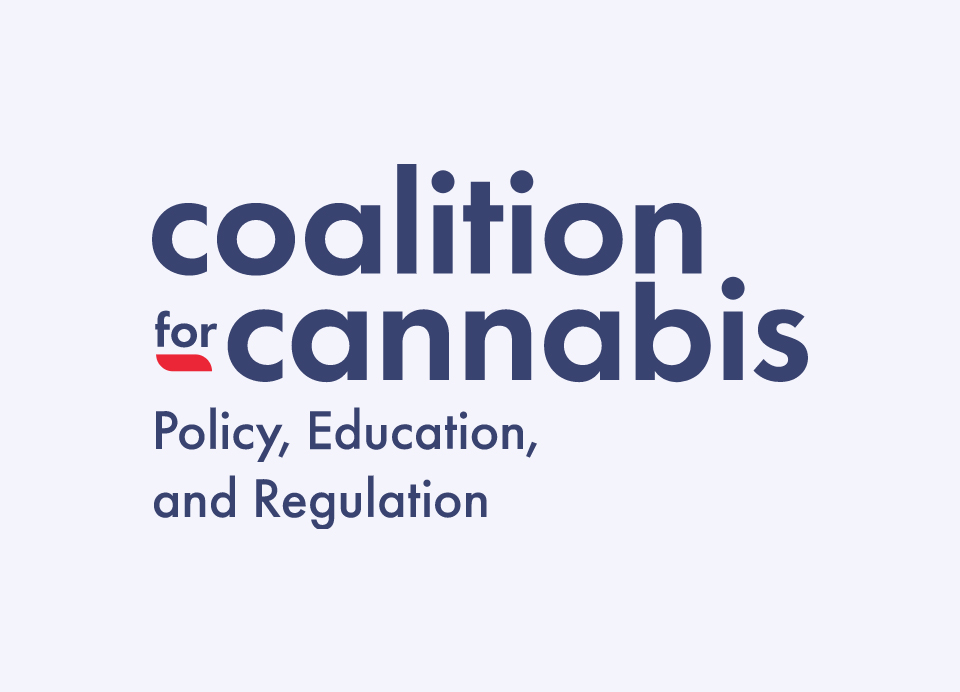
April 1, 2021
Statement from Coalition for Cannabis Policy, Education, and Regulation on Cannabis Legalization in New Mexico, New York, and Mexico
Cannabis Markets Continue to Expand at Home and Abroad While U.S. Federal Government Remains on the Sidelines
WASHINGTON, DC – Today, Andrew Freedman, executive director of the Coalition for Cannabis Policy, Education, and Regulation, released the following statement in response to the enactment of cannabis legislation in New Mexico and New York, and its imminent passage in Mexico, that creates regulated markets for adult-use and medical cannabis in their respective jurisdictions.
“The United States federal government has an important role to play in harmonizing regulatory systems across the states and ensuring responsible, safe, and regulated commerce both domestically and with foreign markets. Continued inaction at the federal level at this point amounts to ignoring the writing on the wall.
“This week, the New York and New Mexico legislatures passed legislation to regulate adult-use cannabis which significantly increases the number of Americans living within a state with access to a legal market, and Virginia is on the verge of expediting legalization. Meanwhile, Mexico is poised to legalize adult-use nationally, joining Canada in establishing a legal market for cannabis and creating the world’s largest legal cannabis market on our doorstep. The United States cannot continue its posture of keeping its head in the sand. On the ground realities concerning workplace safety, employee rights, commerce, diversion, product and consumer safety, consumer responsibility, and dozens of other issues are already having a real impact on U.S. citizens and businesses.
“Suffice it to say, the train has left the station, cannabis legalization is not a hypothetical to be debated – it is a reality for millions of United States residents and North American neighbors with whom we engage in trade, tourism, and joint law enforcement efforts regularly. Congress should engage in a robust dialogue not on if legalization should happen, but how to best regulate cannabis in a way that protects public health and safety, ensures minority access to economic development opportunities, provides opportunity for small businesses, and resolves longstanding criminal justice issues related to cannabis.”